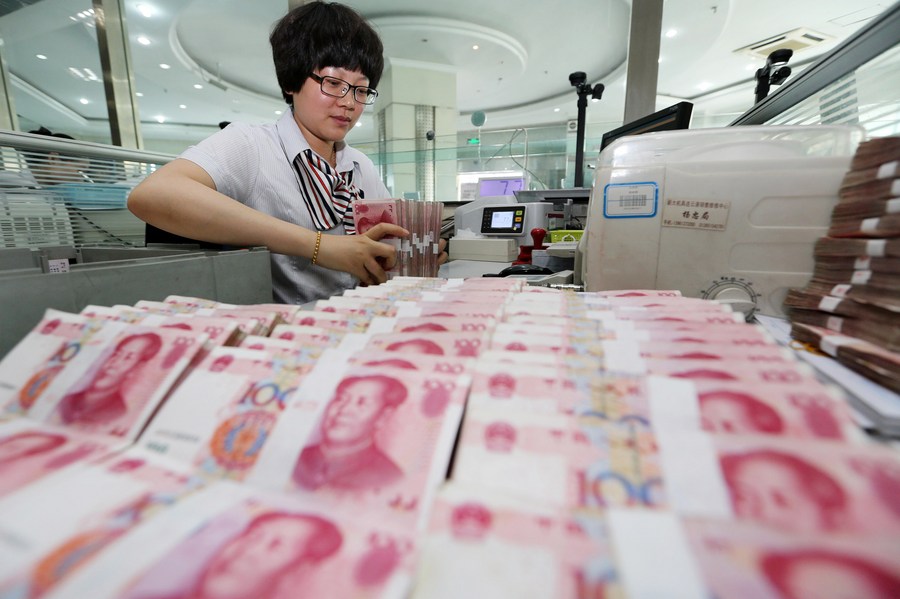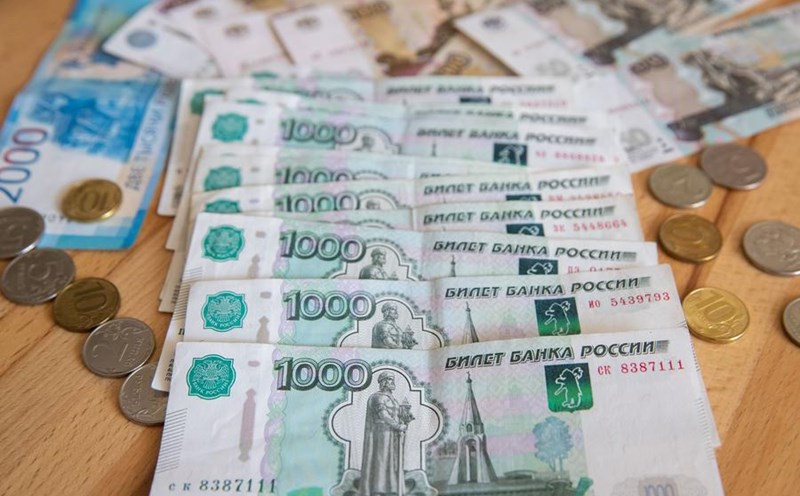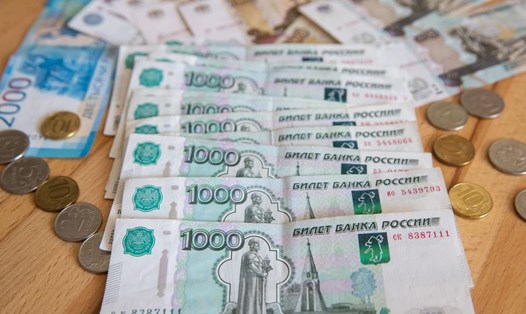The already quiet domestic currencies suddenly "reserved", forcing central banks in the region to urgently intervene to curb the overheating increase.
Bloomberg reported that on May 2, in Hong Kong (China), the USD USD increased sharply to reach the top level in the trading range (7.75-4.85 USD/USD). This forced the Hong Kong exchange rate (China) to launch up to 46.5 billion HKD (equivalent to 6 billion USD) to buy in USD - a record number for one intervention - to protect the fixed exchange rate against USD - a mechanism that has existed for the past 42 years.
In Taiwan (China), the Taiwanese currency (TWD) increased by 3% in just one day 2.5 - the largest increase in Asia - as foreign cash flow flowed strongly into the stock market with the expectation that demand for US semiconductor chips would continue. Taiwanese (Chinese) exporters have also been selling USD, betting on the currency's further decline.
In this situation, the Taiwanese bank (China) announced that it had "intervened at the right time" to adjust the fluctuations. In the options market, traders are at their highest level of optimism for the TWD since 2008.
The yuan in the overseas market also broke out to its highest level since November last year.

In addition to Taiwan (China) and Hong Kong (China), other Asian currencies such as Korean won, Malaysian ringgit and Thai baht also increased by over 1% on May 2.
This volatility shows that the withdrawal from the USD - a global reserve currency - is having a strong spillover effect in the global financial market. The situation became more tense as President Donald Trump's tax policies raised concerns about a recession in the US. Speculative investors are becoming more optimistic about the USD than ever since September last year, according to Bloomberg.
In that context, investors are flocking to the Japanese yen, yuan and many other Asian currencies - as a combination of alternative investment and the need to transfer money back home.
The natural way to relieve the current trade tensions is to let the USD bubble take a save air, said Mr. Brad Bechtel, Head of Global foreign exchange at Jefferies. Therefore, betting on the decline of the USD against Asian currencies could be a reasonable strategy.
The increase in domestic currency prices could help Asian economies attract more foreign capital and import cheaper goods. However, the downside is that exporting enterprises will lose their competitive advantage because products become more expensive in the international market.
In China, exporters no longer consider the US dollar or US Treasury bonds as a safe shelter. According to a Bloomberg survey, they are reducing their USD reserves and gradually shifting to holding the yuan - an unprecedented move in the context of a prolonged trade conflict.
In the context of increasing pressure on the USD, US interest rates are at risk of falling due to concerns about recession, so holding assets in USD is no longer as attractive as before - the expert group of Goldman Sachs led by Mr. Kamakshya Trivedi commented. Accordingly, currencies such as the yuan, the Malaysian Dollar and the Malaysian ring may continue to increase in price.











